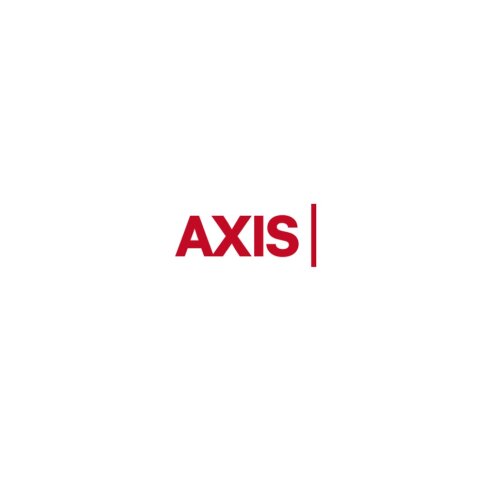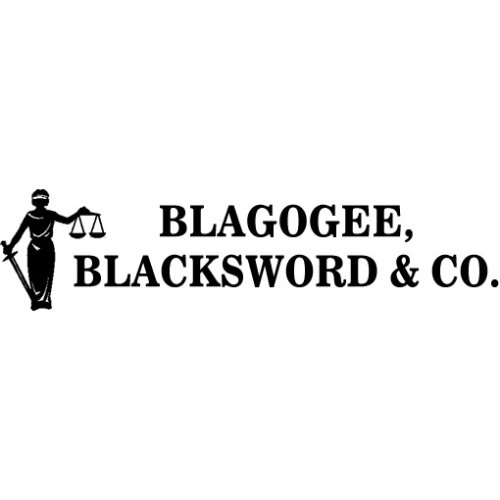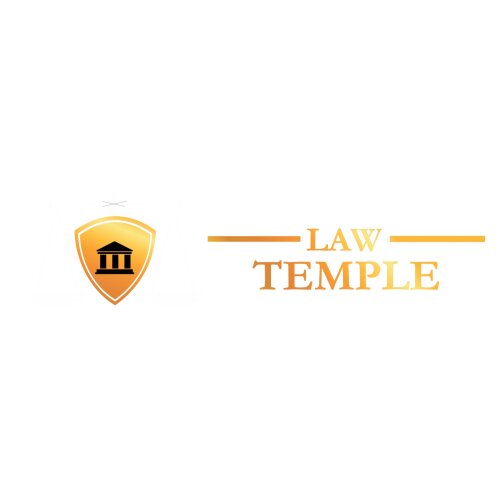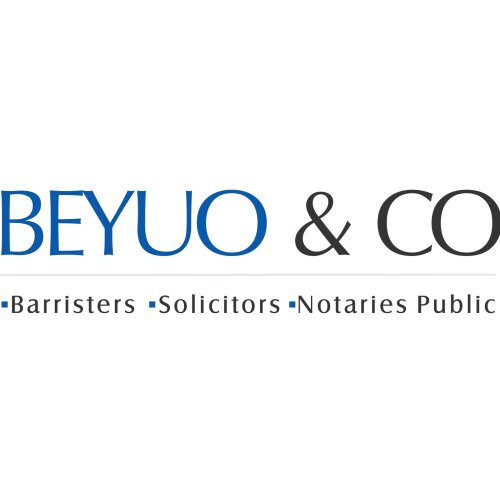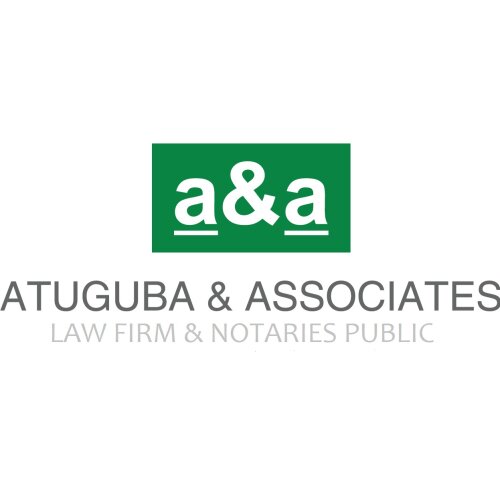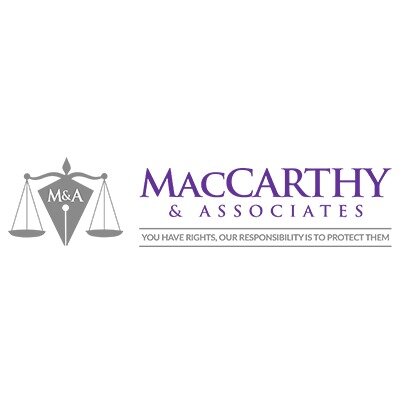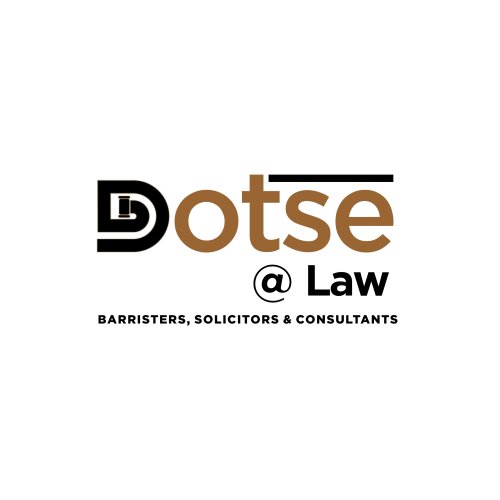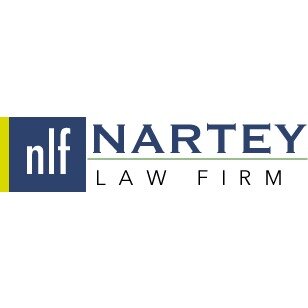Best Water Law Lawyers in Accra
Share your needs with us, get contacted by law firms.
Free. Takes 2 min.
List of the best lawyers in Accra, Ghana
About Water Law in Accra, Ghana
Water law in Accra, Ghana, refers to the legal framework that governs the ownership, use, management, and protection of water resources. This includes surface water like rivers, lakes, and streams, as well as groundwater. Water law is a crucial component in ensuring equitable access to water, safeguarding the environment, and guiding infrastructure development. In Ghana, water law spans public health, irrigation, urban water supply, sanitation, and environmental conservation. The main legal instruments include the Water Resources Commission Act, public health regulations, and environmental management laws, complemented by customary law practices in certain communities.
Why You May Need a Lawyer
Navigating water law in Accra can be complex due to the involvement of multiple government agencies, evolving environmental considerations, and technical aspects of water use. Individuals, communities, and businesses might require legal help in several scenarios:
- Obtaining permits for water extraction or construction near water bodies
- Resolving disputes over ownership or access to water resources
- Dealing with claims related to water pollution or contamination
- Defending against enforcement actions from regulatory authorities
- Negotiating water supply service contracts
- Representing community interests in projects that may affect local water sources
- Pursuing compensation for damages resulting from water misuse by third parties
A lawyer with knowledge in water law can help interpret applicable statutes, represent clients in court, file necessary applications, and offer guidance tailored to local legal and practical realities.
Local Laws Overview
Several key pieces of legislation regulate water resources in Accra and across Ghana:
- Water Resources Commission Act, 1996 (Act 522) - Established the Water Resources Commission (WRC) as the regulatory body overseeing water use, allocation, and conservation. The Act mandates licensing for water use and provides a framework for dispute resolution.
- Public Utilities Regulatory Commission Act, 1997 (Act 538) - Regulates water supply and utility services, including pricing and service standards.
- Environmental Protection Agency Act, 1994 (Act 490) - Empowers the EPA to issue permits and set environmental standards that affect water quality and resource protection.
- Ghana Water Company Limited (GWCL) - Operates as the main public water utility, subject to regulatory oversight.
- Customary Laws - In some local contexts, customary norms regarding water access and land use may apply, especially in peri-urban and rural areas of Greater Accra.
Accra residents must comply with permit requirements, pollution controls, and land use restrictions around water bodies. Disputes are typically resolved first through administrative processes, and then escalated to courts if necessary.
Frequently Asked Questions
What government agency is responsible for water law in Accra?
The Water Resources Commission (WRC) is the main regulatory body. Other relevant agencies include the Ghana Water Company Limited and the Environmental Protection Agency.
Do I need a permit to use water from a river or borehole?
Yes. The law requires a permit or license from the Water Resources Commission for commercial and some domestic water uses, including boreholes and surface water extraction.
How can I report water pollution in my community?
You should notify the Environmental Protection Agency or Water Resources Commission. Persistent pollution issues may also be reported to local district assemblies or the police.
Are there penalties for illegal water use or pollution?
Yes. Offenders may face fines, suspension of permits, mandatory remediation, or criminal prosecution depending on the severity of the violation.
Can I be evicted from land because of water-related disputes?
Evictions related to water access disputes often follow legal procedures. Customary and statutory laws both apply, and legal representation is advised to protect your interests.
Is rainwater harvesting allowed in Accra?
Generally, rainwater harvesting for household use is allowed, but large-scale or commercial systems may require registration or permits.
What should I do if a neighbor is blocking my water supply?
First, attempt mediation. If the issue is unresolved, seek help from local authorities or the Water Resources Commission, and consider legal advice.
Can I drill a private borehole in Accra?
Permission from the Water Resources Commission is needed before drilling a borehole. The process includes technical assessments and environmental considerations.
What rights do communities have over local water sources?
Communities often have customary rights, but these may be subject to national legislation. Legal advice is recommended when such rights are challenged.
How do I challenge a decision made by the Water Resources Commission?
Unhappy parties can seek internal review with the Commission and may also file an appeal at the court if dissatisfied with the outcome.
Additional Resources
- Water Resources Commission: Offers information on legislation, licensing processes, and dispute resolution.
- Ghana Water Company Limited (GWCL): Handles urban water supply and consumer issues.
- Environmental Protection Agency (EPA) Ghana: Regulates and monitors environmental impacts on water bodies.
- Ministry of Sanitation and Water Resources: Responsible for national water policy.
- Legal Aid Commission: Provides guidance for those unable to afford representation.
- District and Municipal Assemblies: Offer local enforcement and support.
Next Steps
If you require legal help regarding water law in Accra, Ghana:
- Gather relevant documents, permits, or correspondence related to your issue.
- Contact the appropriate regulatory agency for guidance or to clarify your rights and obligations.
- If the matter is unresolved or complex, consult a lawyer experienced in water law to assess your situation and recommend a course of action.
- Consider mediation or alternative dispute resolution where suitable before taking legal action.
- If cost is a concern, approach the Legal Aid Commission for assistance.
Legal issues related to water resources can impact property, health, and livelihoods. Seeking timely legal advice ensures your interests are effectively protected within the law.
Lawzana helps you find the best lawyers and law firms in Accra through a curated and pre-screened list of qualified legal professionals. Our platform offers rankings and detailed profiles of attorneys and law firms, allowing you to compare based on practice areas, including Water Law, experience, and client feedback.
Each profile includes a description of the firm's areas of practice, client reviews, team members and partners, year of establishment, spoken languages, office locations, contact information, social media presence, and any published articles or resources. Most firms on our platform speak English and are experienced in both local and international legal matters.
Get a quote from top-rated law firms in Accra, Ghana — quickly, securely, and without unnecessary hassle.
Disclaimer:
The information provided on this page is for general informational purposes only and does not constitute legal advice. While we strive to ensure the accuracy and relevance of the content, legal information may change over time, and interpretations of the law can vary. You should always consult with a qualified legal professional for advice specific to your situation.
We disclaim all liability for actions taken or not taken based on the content of this page. If you believe any information is incorrect or outdated, please contact us, and we will review and update it where appropriate.



